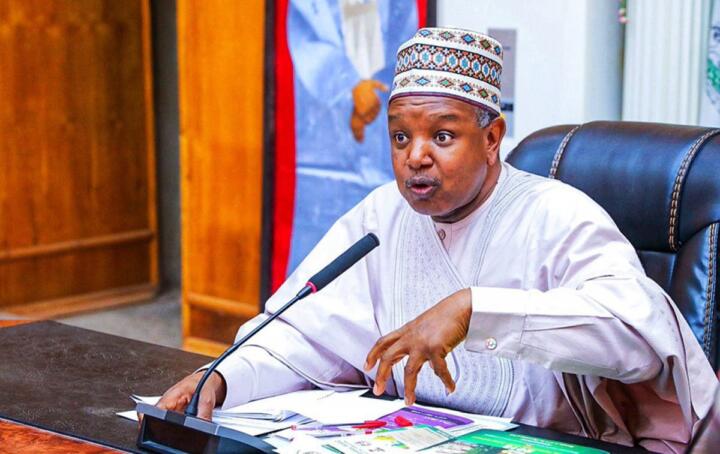The Budget Minister underscores the imperative for Nigeria to secure a minimum of $100 billion in investment, with a predominant focus on contributions from the private sector, by the year 2050. This statement reflects the government’s recognition of the pivotal role private investment plays in driving economic growth and development.
The Budget Minister’s emphasis on the need for substantial investment aligns with Nigeria’s long-term economic goals and aspirations. By setting a target of $100 billion, the government signals its intention to create an environment conducive to attracting private sector investments, which are crucial for funding infrastructure, stimulating innovation, and fostering sustainable economic development.
The call for private sector participation suggests a strategic approach to mobilizing resources beyond government funding. Private investments bring not only financial capital but also expertise, efficiency, and innovation, contributing to the overall dynamism and competitiveness of the economy.

The specified timeframe of 2050 indicates a forward-looking perspective, acknowledging that sustained and substantial investments are required for Nigeria to achieve its economic objectives and address developmental challenges. This long-term vision aligns with strategic planning essential for attracting and sustaining large-scale investments.
In addition to the sheer scale of the investment target, the Budget Minister’s statement implies the importance of creating an enabling environment that attracts private investors. Regulatory reforms, infrastructure development, and favorable economic policies are likely to be key components of the government’s strategy to encourage and facilitate private sector participation.
The mention of the private sector as the primary source of investment underscores the government’s understanding of the sector’s pivotal role in driving economic activities. Private enterprises, through investments, contribute not only to economic growth but also to job creation, technology transfer, and overall economic diversification.
In conclusion, the Budget Minister’s statement regarding Nigeria’s need for a minimum of $100 billion in investment, primarily from the private sector, by 2050 reflects a strategic vision for long-term economic development. This target underscores the government’s recognition of the transformative power of private sector investments and the importance of creating an environment that attracts and sustains such contributions to Nigeria’s economic advancement.
Support InfoStride News' Credible Journalism: Only credible journalism can guarantee a fair, accountable and transparent society, including democracy and government. It involves a lot of efforts and money. We need your support. Click here to Donate
